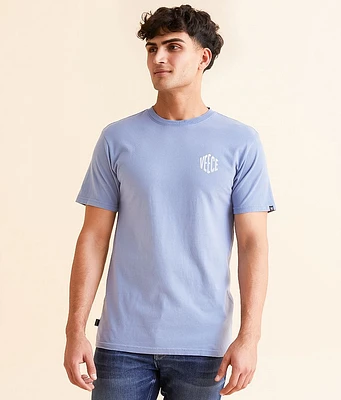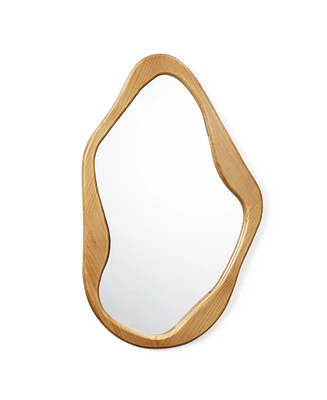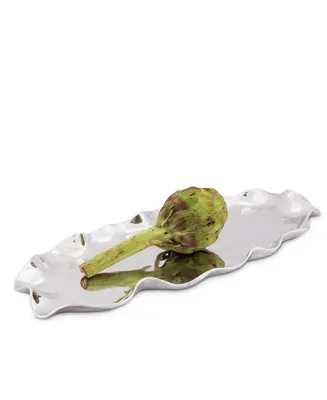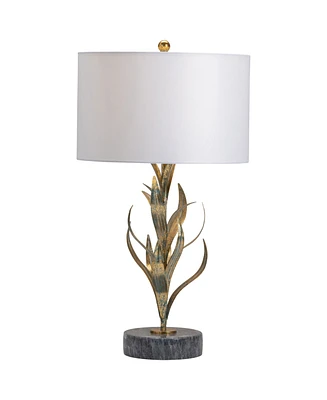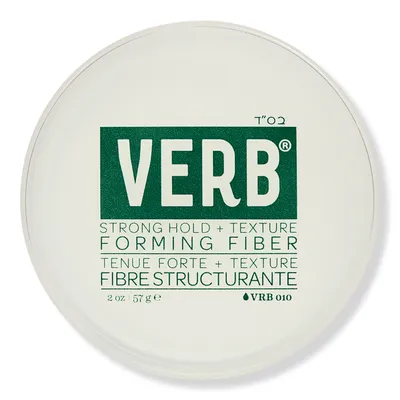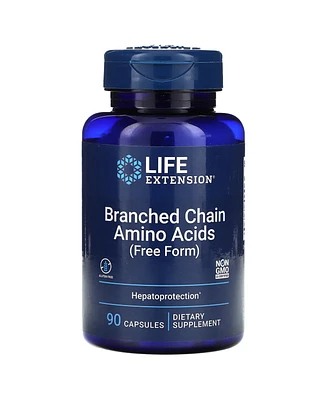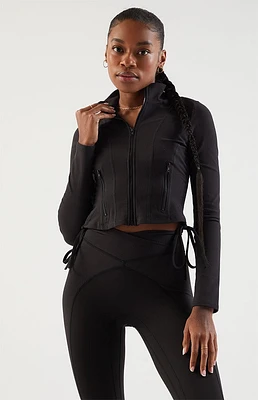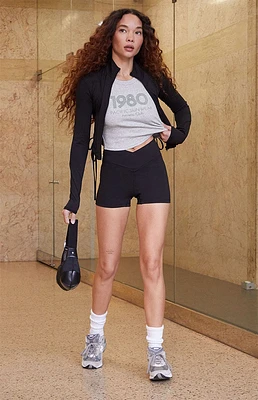Home
Free Form
Loading Inventory...
Barnes and Noble
Free Form
Current price: $14.49


Barnes and Noble
Free Form
Current price: $14.49
Loading Inventory...
Size: OS
*Product Information may vary - to confirm product availability, pricing, and additional information please contact Barnes and Noble
Donald Byrd
's 1961 recording
Free Form
is both a smorgasbord of modern jazz styles and a breakthrough album showing the Detroit born trumpeter's versatility and interest in diversity. At age 30, turning down offers to teach and a full decade before turning to commercial funk fusion with his
Blackbyrds
,
Byrd
, alongside a wonderful collection of jazz professionals, proves his mettle as an individualist while also stylistically straddling the blurred lines of jazz. Where his brass tone is very lean and toned, he does not resort to outlandish outbursts into the ionosphere, but shows a refined yet daring approach removed from his predecessors or peers --
Clifford Brown
and
Lee Morgan
in particular. With tenor saxophonist
Wayne Shorter
, a very young pianist
Herbie Hancock
, drummer
Billy Higgins
, and bassist
Butch Warren
tackles different flavors of jazz with a voracious appetite, and delivers a very fresh perspective from them all. From Column A -- soul junction --
"Pentecostal Feelin'"
comes straight from the
Horace Silver
bag, an original funk with
Shorter
Hancock
, and
Higgins
head noddin' to the band. Column B's
"Nai Nai"
is all straight-ahead hard bop, lighter but not wimpy as
play well together. The more modal
"French Spice"
is still in the hard-to-post-bop mold, but has a two-note base until the horns burst out with a rich melody. The title track spectacularly represents the so-called "new thing," a tone row-based, searching, or clarion-type spontaneous improvisation where the band is purposefully set apart from the inventive drumming of
in a firmly non-established meter. Romance is also on the menu via the no frills ballad
"Night Flower"
as
serenely leads the band into a curtain-closing venture into tenderness, with
's underlying chords something to truly behold upon close listening. This may be close to
's best early work, a strong statement that is by no means homogeneous, but expresses many of the avenues in jazz he was exploring while finding his own unique voice on the trumpet. [The 2004 remastered
Rudy Van Gelder
edition includes a bonus cut in
's finger-poppin'
"Three Wishes."
] ~ Michael G. Nastos
's 1961 recording
Free Form
is both a smorgasbord of modern jazz styles and a breakthrough album showing the Detroit born trumpeter's versatility and interest in diversity. At age 30, turning down offers to teach and a full decade before turning to commercial funk fusion with his
Blackbyrds
,
Byrd
, alongside a wonderful collection of jazz professionals, proves his mettle as an individualist while also stylistically straddling the blurred lines of jazz. Where his brass tone is very lean and toned, he does not resort to outlandish outbursts into the ionosphere, but shows a refined yet daring approach removed from his predecessors or peers --
Clifford Brown
and
Lee Morgan
in particular. With tenor saxophonist
Wayne Shorter
, a very young pianist
Herbie Hancock
, drummer
Billy Higgins
, and bassist
Butch Warren
tackles different flavors of jazz with a voracious appetite, and delivers a very fresh perspective from them all. From Column A -- soul junction --
"Pentecostal Feelin'"
comes straight from the
Horace Silver
bag, an original funk with
Shorter
Hancock
, and
Higgins
head noddin' to the band. Column B's
"Nai Nai"
is all straight-ahead hard bop, lighter but not wimpy as
play well together. The more modal
"French Spice"
is still in the hard-to-post-bop mold, but has a two-note base until the horns burst out with a rich melody. The title track spectacularly represents the so-called "new thing," a tone row-based, searching, or clarion-type spontaneous improvisation where the band is purposefully set apart from the inventive drumming of
in a firmly non-established meter. Romance is also on the menu via the no frills ballad
"Night Flower"
as
serenely leads the band into a curtain-closing venture into tenderness, with
's underlying chords something to truly behold upon close listening. This may be close to
's best early work, a strong statement that is by no means homogeneous, but expresses many of the avenues in jazz he was exploring while finding his own unique voice on the trumpet. [The 2004 remastered
Rudy Van Gelder
edition includes a bonus cut in
's finger-poppin'
"Three Wishes."
] ~ Michael G. Nastos


